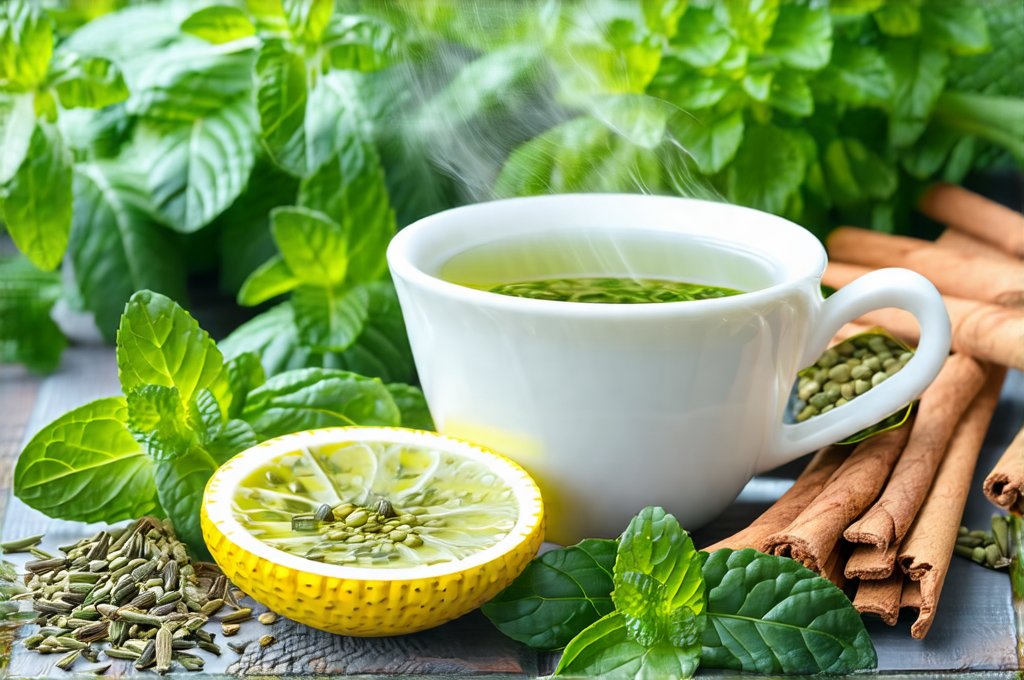The kidneys are remarkable organs, tirelessly filtering waste products from our blood and maintaining crucial fluid balance within the body. Often overlooked until issues arise, their proper function is fundamental to overall health and well-being. Many factors can impact kidney health – diet, hydration, underlying medical conditions, and even lifestyle choices all play a role. Supporting these vital organs through gentle, natural methods can be incredibly beneficial, and herbal teas offer a delicious and accessible pathway towards improved kidney function. However, it’s important to approach this with knowledge and caution; self-treating kidney issues is never advisable, and consulting a healthcare professional is paramount when experiencing symptoms or concerns.
This exploration delves into the world of herbal teas known for their mild diuretic properties – those that encourage increased urine production without being harsh or disruptive. We’ll uncover how these teas can contribute to flushing out toxins, supporting healthy fluid balance, and potentially alleviating strain on the kidneys. It’s not about a quick fix, but rather integrating gentle, supportive practices into a holistic approach to kidney health. Remember, herbal remedies are best viewed as complementary tools alongside conventional medical care, not replacements for it. We will also discuss teas to avoid if you have existing kidney issues or are taking medication that affects the kidneys.
Understanding Diuretics and Kidney Support
Diuretics work by increasing the rate of urine production, which helps the body eliminate excess water and salt. This can be helpful in managing blood pressure and reducing swelling. However, strong diuretics—often pharmaceutical grade—can sometimes place extra stress on the kidneys if used improperly or excessively. The herbal teas we’ll focus on offer a much gentler approach, providing mild diuretic effects that support natural kidney function without being overly aggressive. This is crucial because a sudden and drastic increase in urination can potentially dehydrate the body and exacerbate existing kidney problems.
It’s important to differentiate between natural diuretics found in herbs and more potent pharmaceutical options. Herbal diuretics generally work by subtly influencing kidney filtration, rather than forcing excessive fluid excretion. They often contain additional beneficial compounds – antioxidants, anti-inflammatory agents, and nutrients – that contribute to overall health and support kidney function beyond just increasing urine output. This holistic approach is what makes herbal teas a valuable addition to a supportive lifestyle for healthy kidneys.
Furthermore, adequate hydration is critical when consuming diuretic herbs. The increased urination means the body loses more fluids, so it’s essential to replenish those fluids throughout the day with clean water. Ignoring this can negate the benefits and potentially worsen dehydration. Think of herbal tea as supporting your kidney’s natural processes alongside proper hydration; they are not a substitute for drinking enough water.
Popular Herbal Teas for Gentle Diuretic Effects
Several herbal teas have traditionally been used to support kidney health due to their gentle diuretic properties. Dandelion root tea is perhaps one of the most well-known, lauded for its ability to promote detoxification and healthy liver function, which indirectly supports kidney health. Parsley tea, made from the leaves or seeds of parsley, also offers mild diuretic effects and contains vitamins and minerals beneficial for overall health. Another option is nettle leaf tea, known for its rich nutrient profile and potential to support kidney cleansing.
However, it’s crucial to remember that these teas aren’t a one-size-fits-all solution. Individual responses can vary significantly, and factors like existing health conditions and medication use must be considered. For example, individuals with potassium deficiencies should exercise caution with dandelion root tea, as it may further deplete potassium levels. Always consult your healthcare provider before incorporating new herbal remedies into your routine, especially if you have pre-existing kidney problems or are taking medications that affect kidney function.
It’s also important to source high-quality herbs from reputable suppliers to ensure purity and potency. Organic options are preferable, minimizing exposure to pesticides and other harmful chemicals. Preparing the tea correctly is also vital; follow recommended brewing instructions to extract the maximum benefits from the herbs.
Brewing & Consumption Guidelines
Preparing herbal teas effectively requires a little more than just adding hot water to dried herbs. Here’s a guide for optimal results:
- Water Quality: Use filtered or spring water, avoiding tap water that may contain chlorine or other contaminants.
- Brewing Temperature: Different herbs require different brewing temperatures. Generally, 80-90°C (176-194°F) is suitable for most herbal teas. Avoid boiling the water directly on the herbs, as this can damage delicate compounds. Let the boiled water cool slightly before pouring it over the herbs.
- Steeping Time: Steeping time varies depending on the herb and desired strength. Dandelion root typically requires 10-15 minutes, while nettle leaf may need only 5-7 minutes. Longer steeping times generally result in a stronger brew.
- Dosage & Frequency: Start with one cup per day to assess your body’s response. Gradually increase if tolerated, but avoid excessive consumption. Don’t exceed the recommended dosage for any specific herb.
- Hydration is Key: Drink plenty of water throughout the day alongside herbal teas to counteract diuretic effects.
Herbs to Avoid With Kidney Issues
Certain herbs can potentially harm kidney function and should be avoided by individuals with existing kidney disease or those taking medications that affect the kidneys. These include:
- Licorice root: Can raise blood pressure and cause fluid retention, putting extra strain on the kidneys.
- Saw palmetto: May interact negatively with blood thinners and potentially impact kidney function.
- Comfrey: Contains pyrrolizidine alkaloids that can be toxic to the liver and kidneys.
- Senna: A strong laxative which, while not directly harmful to kidneys, can cause dehydration and electrolyte imbalance.
Always double-check with your doctor or a qualified herbalist before consuming any new herbal tea, especially if you have underlying health conditions. It’s far better to be cautious and informed than to risk exacerbating kidney problems.
Monitoring Your Body’s Response
Pay close attention to how your body responds when incorporating herbal teas into your routine. Signs of a positive response might include increased energy levels, improved digestion, and a sense of overall well-being. However, if you experience any adverse effects – such as dizziness, nausea, excessive thirst, or changes in urination patterns – discontinue use immediately and consult your healthcare provider.
- Track your fluid intake: Monitor how much water you’re drinking to stay adequately hydrated.
- Observe urine output: Notice any significant changes in the amount or color of your urine.
- Listen to your body: If something feels off, don’t ignore it.
Remember that herbal teas are a supportive tool—not a cure-all—for kidney health. A healthy lifestyle encompassing proper hydration, a balanced diet, regular exercise, and avoiding smoking and excessive alcohol consumption remains the cornerstone of maintaining optimal kidney function. Safe herbal teas can support this process but should not replace conventional medical advice.





















